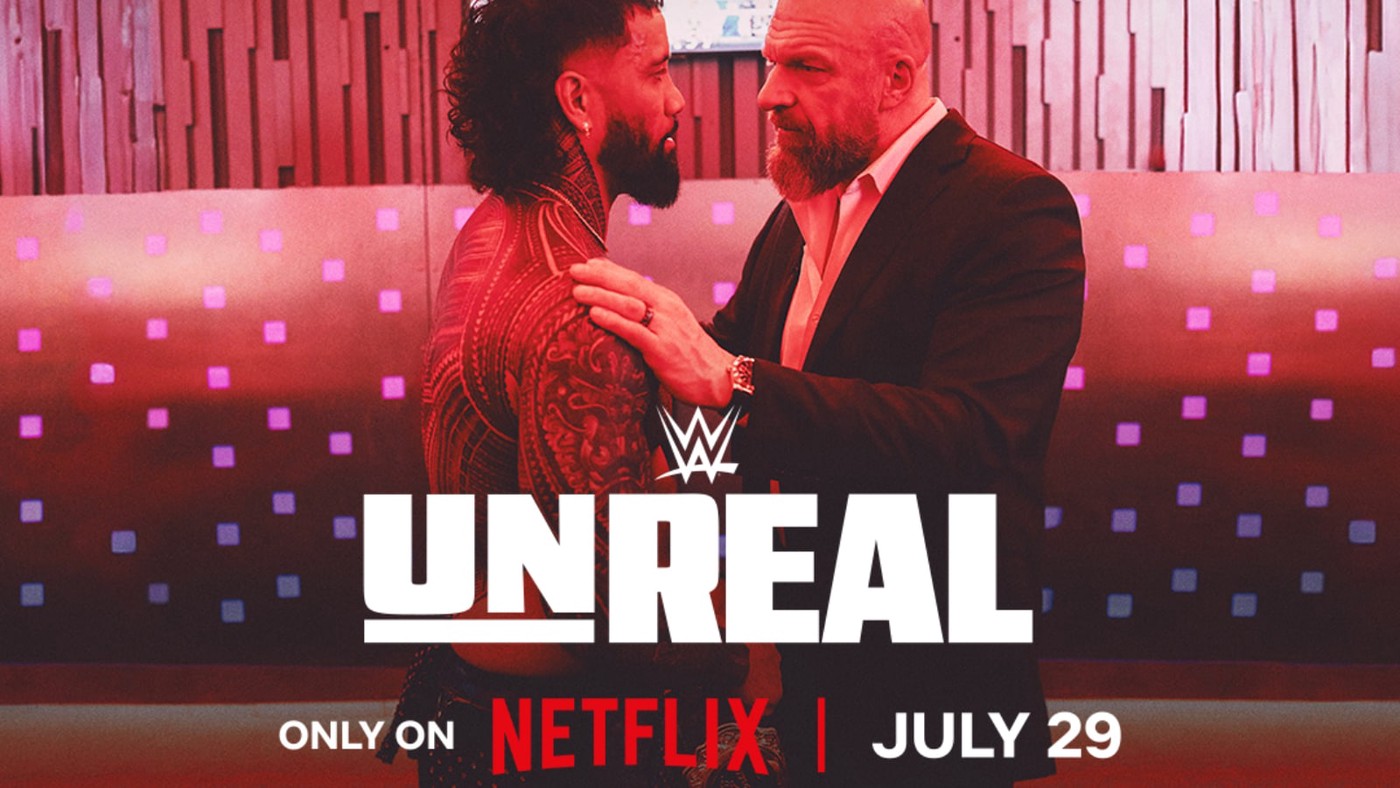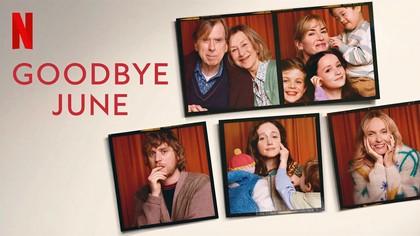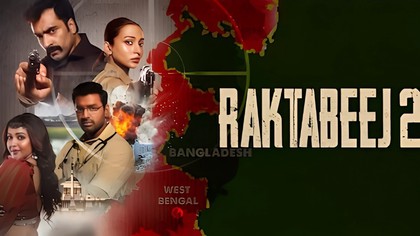When Netflix and WWE joined forces to take pro wrestling into a new streaming era, fans were already divided. The shift of major WWE shows like Raw and SmackDown to a new platform was a big enough change, but now, with the release of WWE: Unreal, the controversy has deepened. What was intended to be a bold new step into transparency is now being seen by many as a step too far.
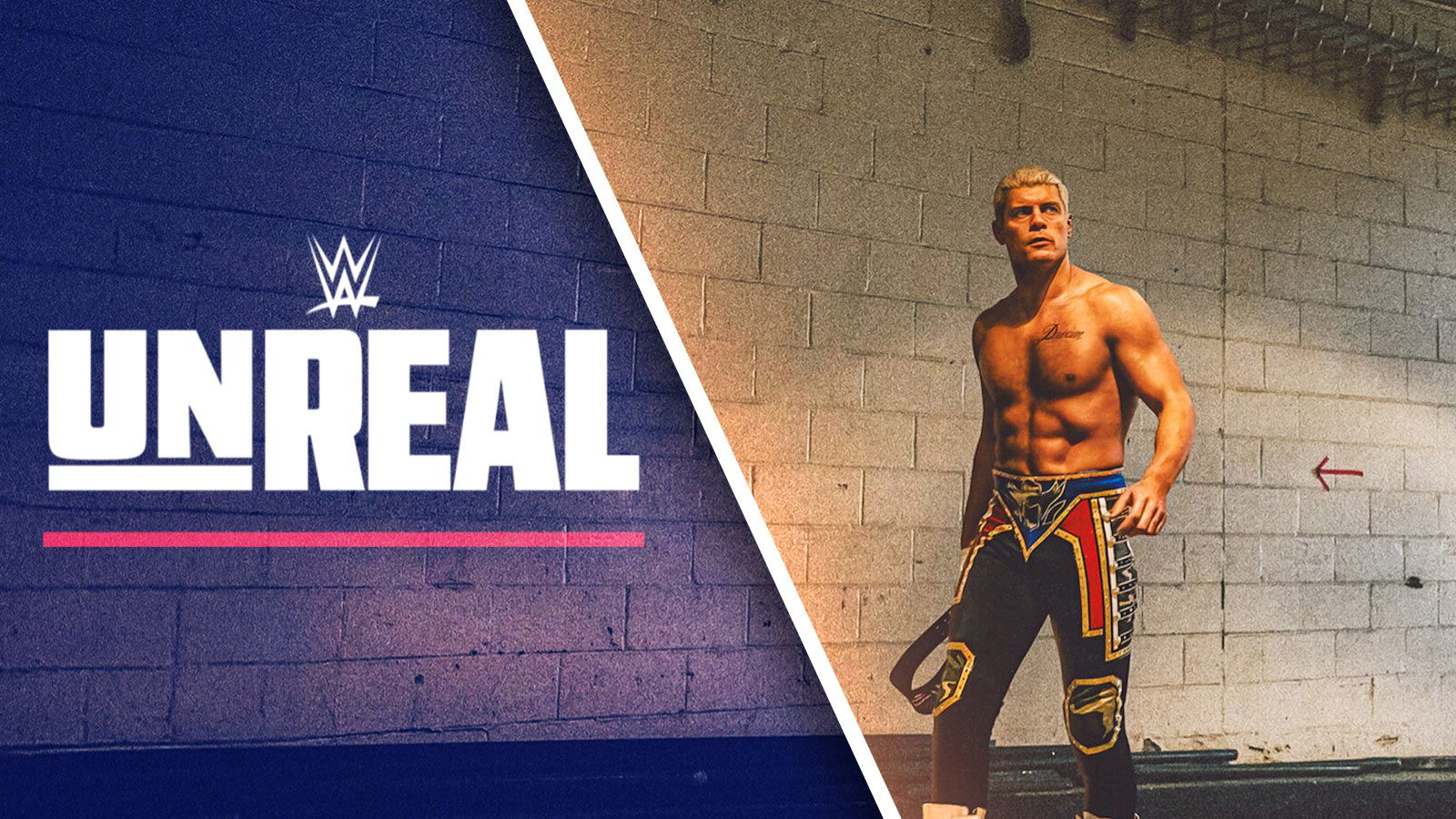
WWE: Unreal gives fans unrestricted access to what happens behind the curtain. From writing rooms to match choreography, from creative discussions to emotional conversations between performers and producers, the series leaves almost nothing to the imagination. And while this may be exciting for casual viewers and industry insiders, the core wrestling fanbase is not unanimously on board.
The heart of the backlash lies in one word: kayfabe. For decades, kayfabe was the invisible barrier that made professional wrestling work. It is what made characters feel real, rivalries feel intense, and stories feel larger than life. Even though fans knew it was all scripted, there was a collective agreement to suspend disbelief. This unspoken contract made wrestling more than just entertainment. It made it magic.
With WWE: Unreal, many fans feel that magic is being dismantled in real time. Seeing legendary figures out of character, watching matches being planned like stage plays, and learning the exact mechanics of promos and punches might be informative, but it also risks breaking the emotional connection that has kept audiences invested for years. For many fans, wrestling was never about just knowing the facts. It was about feeling the story.
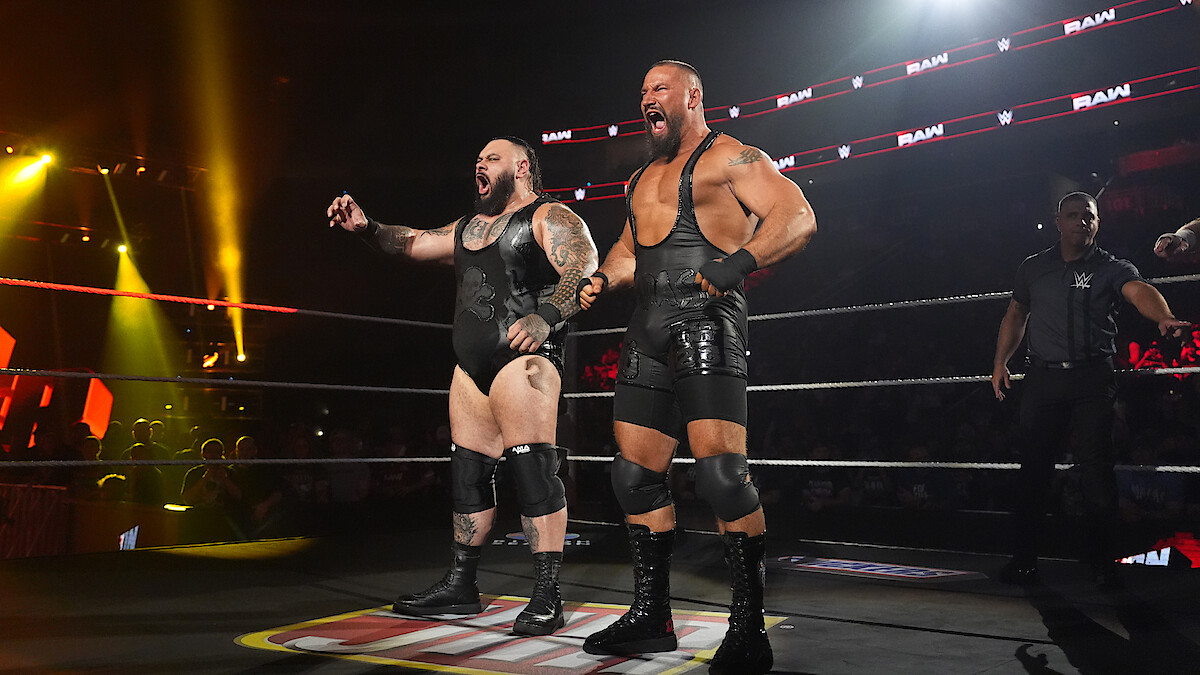
Some wrestling icons, including “Stone Cold” Steve Austin, have also warned against stripping the business of its mystery. They believe that keeping some things hidden helps preserve the art form. Even in today’s age of leaks and spoilers, there’s still a hunger for belief, for immersion, for drama that feels unpredictable. Unreal, for many viewers, takes that away.
There is also skepticism about the real motive behind this docuseries. Some feel it is simply another commercial move by the TKO Group to monetise WWE content from every possible angle. While fans understand the business side of wrestling, constantly turning every backstage moment into marketable content can feel like overexposure.
In the end, WWE: Unreal is not just a documentary. It is a statement about the future of wrestling. Whether it enhances fan experience or disconnects them from the product remains to be seen. Some viewers will appreciate the honesty and access, but for others, the beauty of wrestling lies in not knowing every secret. And for them, this level of openness may feel more like betrayal than innovation.
As the series continues and the Netflix transition unfolds, all eyes are on how WWE balances truth with theatrics. Because once the curtain is pulled back too far, it may never be drawn again.
For more wrestling updates, fan reactions, and streaming news, follow Binge Moves on Instagram and Facebook.

